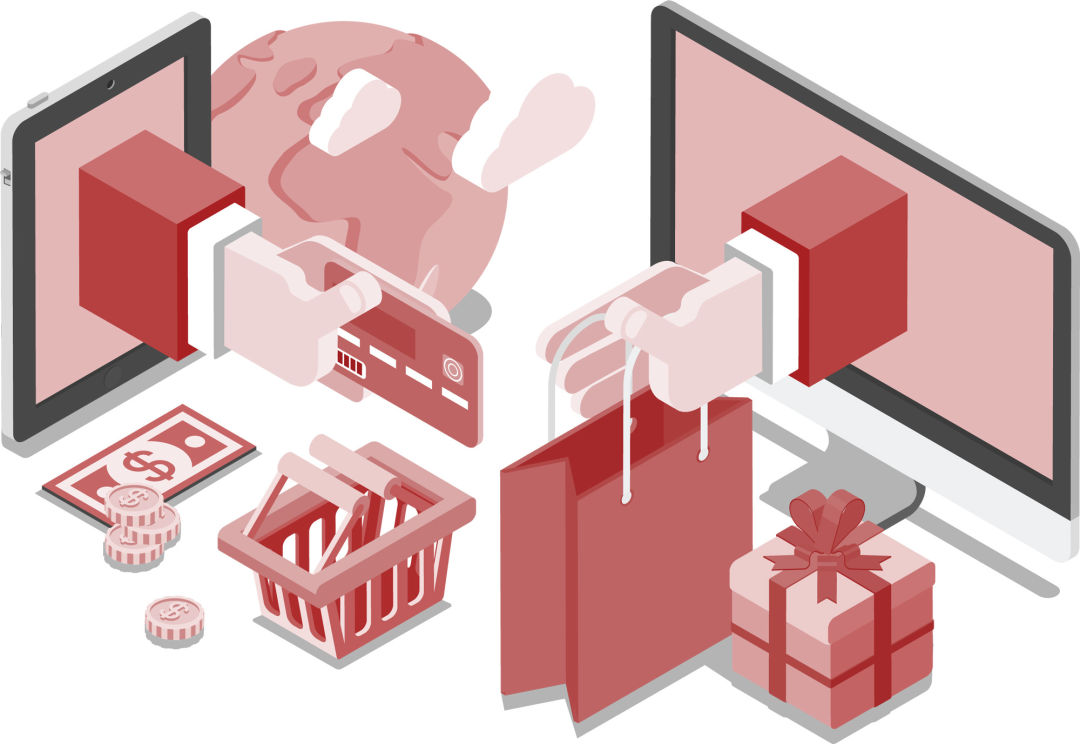7 Great Finance Apps

This past fall, right around the time college football season kicked off, intrepid college student Sam Crowder held up a sign during a live broadcast of ESPN’s College Game Day. Its message: “Hi Mom! Send beer money.” He followed those words with a logo for the mobile app Venmo and his user ID, SamC2270.
Soon Crowder started receiving beer money, not from his mom but from complete strangers. More than 3,000 people bought the kid a beer by sending him a few bucks on Venmo. Assuming the cost of a beer is around $3, the app (and Crowder’s cleverness) netted him around $10,000. Not bad for an overhead that consisted of poster board, markers and a willingness to wake up early on a Saturday morning.
Venmo is one of several helpful apps on the market that are revolutionizing the way we manage our money. Venmo lets any user pay another user for anything, anytime, anywhere. It’s exciting to think of where this mobile technology will take our wallets. And these financial apps do more than let you part with your money. There are plenty that will help you make it, save it, manage it and understand where and how you’re spending it.
For the frequent shopper
Soon we’ll wonder why any of us spent so much time clipping coupons. Apps like Shopkick and Checkout 51 are helping shoppers find deals in the stores they visit most. Each of these apps has its own approach to saving the user money. Shopkick brings gamification to the shopping experience. Whenever the user visits a Shopkick-friendly retailer (like Target, Macy’s, Best Buy, Sephora and Starbucks, among others), he or she can check in and earn points that can be redeemed for gift cards. The user can complete tasks within the store to earn extra points. Checkout 51 allows users to choose deals on grocery items. They purchase the deal items at the store, upload their receipt, and as soon as their account reaches $20, Checkout 51 sends a $20 check.
For the wise investor
If you’re paying fees when you buy stocks, you’re doing it wrong. Several large investment houses will charge you up to $10 per trade. Not Robinhood. Every single trade you make with Robinhood is fee and commission free. The company makes money—likely not as much as the likes of Fidelity and TD Ameritrade—on interest from customers’ uninvested cash. Acorns is another app for novice investors who want a convenient, low-risk way to dip their toes in the market. You can set up Acorns to take out microinvestments from your account—it could be the leftover change on every purchase you make with your checking account rounded to the nearest dollar, for example—and it invests it in a diversified portfolio of around 7,000 stocks.
For the declutterer
OfferUp and Letgo have been revolutionizing the types of peer-to-peer transactions that eBay and Craigslist pioneered. The hook to OfferUp and Letgo is that both apps are location-based. You post what you’re trying to sell, local buyers bid on it, and the winning bidder comes to your house (or a neutral location) to pick it up. Letgo merged with a similar app, Wallapop, in May, and OfferUp recently raised close to $120 million in funding.
For the savvy saver
Digit takes the guesswork out of contributing to your savings account by analyzing your spending patterns and automatically pulling small amounts of money from your bank account and putting it into savings. That app only takes money from your account if it deems you can afford it, and all transactions take place via text message.



